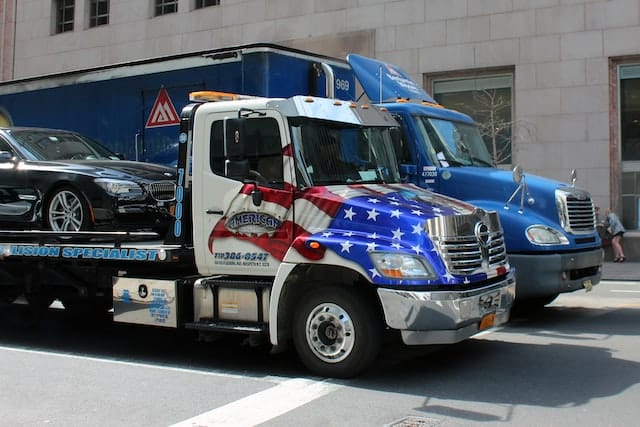
Starting a towing company can be a challenging but rewarding endeavor. With the right knowledge and preparation, you can turn your passion for vehicles into a successful business.
However, there are many things to consider before starting a towing company, from obtaining licenses and permits to purchasing equipment and hiring drivers. Whether you’re a seasoned pro or a first-time entrepreneur, this article will provide you with the information you need to start and grow a successful towing business. From understanding the demand for towing services in your area to networking with other businesses and promoting your company, we will cover all the important aspects of starting a towing business. So, if you’re ready to take the leap and start your own towing company, read on and learn how to turn your passion for vehicles into a profitable business.
How To Start a Towing Company Best Tips

Starting a towing company can be a challenging but rewarding endeavor. Here are some steps to help you get started:
- Research the market: Before you start your towing company, it’s important to research the market to understand the demand for towing services in your area and identify your potential competition.
- Create a business plan: Develop a business plan that outlines your goals, target market, projected revenue and expenses, and marketing strategy.
- Obtain licenses and permits: You will need to obtain the necessary licenses and permits to operate a towing company in your state or municipality. This may include a commercial driver’s license (CDL) and a business license.
- Purchase equipment: You will need to purchase or lease the necessary equipment, such as tow trucks, trailers, and other towing-related tools and equipment.
- Hire drivers: Hire experienced and qualified drivers with clean driving records and commercial driver’s licenses.
- Get insurance: Obtain liability insurance to protect your business and drivers from potential accidents or damages.
- Create a website and marketing materials: Create a website and marketing materials to promote your business and attract customers.
- Network with other businesses: Network with other businesses, such as auto repair shops, car dealerships, and insurance companies, to establish partnerships and increase your customer base.
- Be ready for emergency calls: Be prepared to answer emergency calls and dispatch drivers at any time of the day or night.
- Continuously improve and adapt your business according to the market and customer needs.
It’s important to note that laws and regulations vary by state and cities, so be sure to check with your local government for the specific requirements in your area. Also, having a good customer service and a professional appearance in the company will be important to attract and retain customers.
